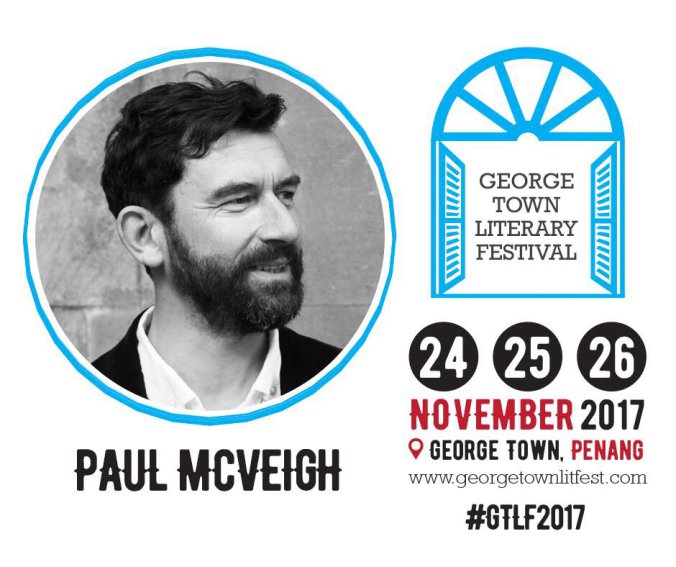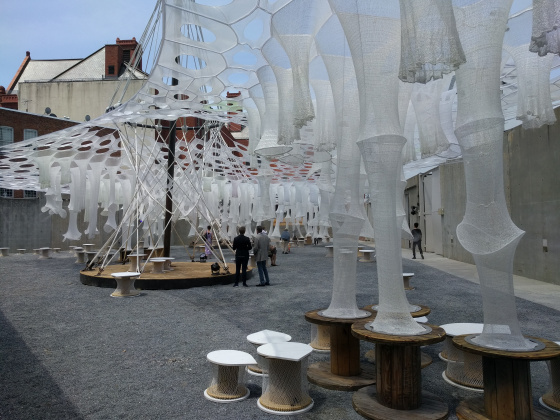 I’m slowly making my way through reading other works by the authors who dominated the list of my 5 favorite reads of 2016: I’m currently reading an ARC of Ta-Nehisi Coates’s newest collection, We Were 8 Years in Power; I scooped up Cheryl Strayed’s memoir, Wild, in a bookshop last week; and I finally tackled Last Night in Montreal by Emily St. John Mandel despite snagging it in February.
I’m slowly making my way through reading other works by the authors who dominated the list of my 5 favorite reads of 2016: I’m currently reading an ARC of Ta-Nehisi Coates’s newest collection, We Were 8 Years in Power; I scooped up Cheryl Strayed’s memoir, Wild, in a bookshop last week; and I finally tackled Last Night in Montreal by Emily St. John Mandel despite snagging it in February.
While I absolutely adore Mandel’s writing style (she has some of the prettiest prose I’ve ever stumbled across), this book was not as breathtaking as Station Eleven. I fell in love with several sentences throughout the novel, but the story as a whole simply didn’t move me in the same way. All of that said, it was still an interesting novel that I pored through incredibly quickly and didn’t find myself bored along the way… but if I was going to recommend one of Mandel’s works to you, I would forcefully push Station Eleven into your lap and leave Last Night in Montreal on the bookshelf for you to pick up on your own when the winds call you that way.
Is this review a little harsh for me actually enjoying the book? Yes! I think I just have a hard time comparing it to Mandel’s other riveting work, but this was still good. In the same way that Station Eleven weaves around narrators and individual lives, Last Night in Montreal largely shifts between four narrators and weaves in and out of the present and when a big event happened in the lives of one of the narrators.
Our main narrator, Eli, is perturbed when his girlfriend Lilia, another one of our narrators, abruptly disappears. But disappearing has been one of the only constants in her life since she was about seven years old and abducted from her home by her father. The private investigator attempting to track Lilia’s whereabouts is one of our other narrators, as is his daughter, Michaela, who is nearly the same age as Lilia. The main portions of the tale revolve around getting us to understand the nature of Lilia’s abduction, why she can’t seem to stay in one place, Eli’s grappling with Lilia being a loose thread, yet more connected to her purpose than the stationary Eli who talks about creating great things, but never seems to actually create anything, and Michaela who is attempting to understand her father’s motivations and the dissolution of her own family system. I was able to predict one of the bigger mysteries and felt like Mandel could’ve used her beautiful words to paint a more colorful picture instead of leaving the reader with a muted, vague, somewhat empty canvas of an explanation for one of the bigger questions in the novel, but I enjoyed the ride anyway.
Advertisements Share this:




